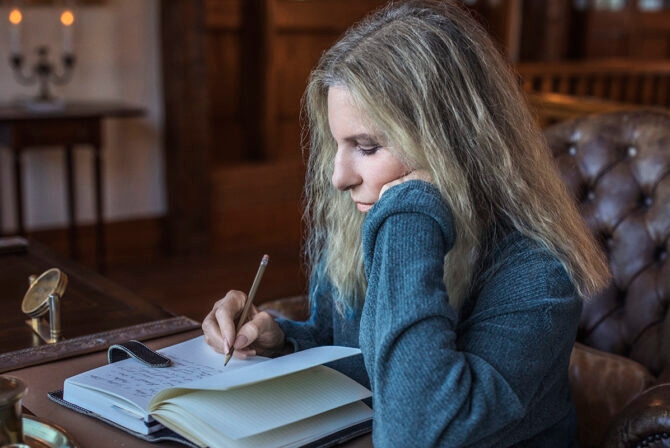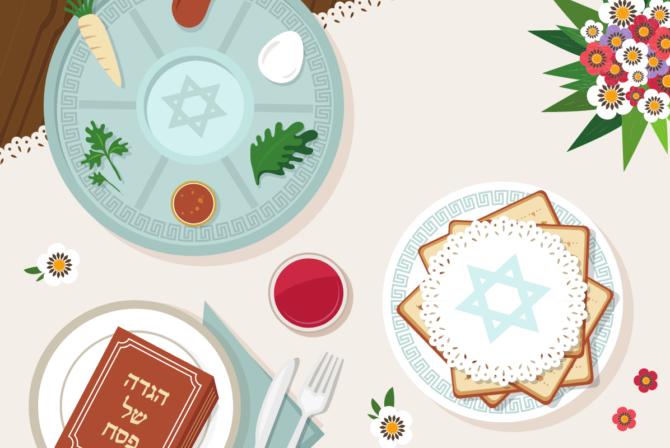
Where were you a year ago today?
A year ago today, I was signing my ketubah. And now, I’m holding my two month old baby girl.
Whoever coined the phrase “what a difference a year makes” wasn’t kidding.
A year ago, I walked down the aisle in my favorite synagogue. Each step was fraught with significance for me. Each step toward the chuppah, on the arms of my parents, was one step further away from my previous marriage and painful divorce. Each step was toward a new man, a new marriage, a new version of myself and a new future. Each step was one step toward fear – will I be good enough for my new husband? – and yet away from it at the same time, as I told myself, I can do this. I can give myself to someone else without being afraid and without repeating history.
I came closer to him. I couldn’t look him in the eye, for fear that I would cry. I circled him seven times, carving out a space for us and our marriage that was separate from the world and yet part of it. Each step, I realized, was sacred.
Each step – one small step for womankind, one giant step for me — was a decision.
At the beginning of the Jewish year at Rosh Hashanah, legend has it, the entire Jewish people are evaluated by God based on their deeds over the past year. That is when it is written in the Book of Life who will be born and who will die, and what the future holds. The only way to change the severity of God’s decree is through three things: teshuva, tefila, and tzedaka, often translated as repentance, prayer, and good deeds. We sign the Book of Life with the handwriting of what we’ve done, or not done. We make choices, and in doing so, write our own stories.
At Rosh Hashanah, we think about our lives and where we want them to go. Regret, though, is an inherent, critical part of the year’s Jewish beginning at Rosh Hashanah. True beginnings are not a given – rather, they are earned. A real beginning is a privilege, not a right.
Teshuva is often translated as “repentance,” far too benign a word. Revisiting what you’ve done, or haven’t, requires a degree of self-examination, and surely there is no one in the world who can possibly do that without a degree of guilt. Teshuva is an active word. Its true meaning in Hebrew comes from the root meaning to turn, to turn away from what you have done wrong and toward a new path of action. There is no room for complacency. The sheer physicality of teshuva means a deliberate avoidance of the luxury of ambiguity; you can’t just want to do it, just hope and yearn to change.
Teshuva means actually changing direction. Teshuva means taking those steps.
Interestingly, I think as I look at my newborn daughter, the Hebrew word for “mercy” shares the same root as the Hebrew word for “womb.” There are so many different ways to read into this commonality. It could be meant to suggest that forgiveness is a laborious birth. Or that women and compassion are fundamentally the same. Or that nothing can ever truly bear fruit without true and honest mercy.
I look at the deep and boundless sea of the year behind me and the years that I hope will come. And that sensation of owning my own steps makes me filled with joy and resolve– the way I feel when I look into my childrens’ and husband’s faces.
I must have done something good, I think as I look at them, in order to have earned all of you in my life. And I will spend my life working to deserve you.







